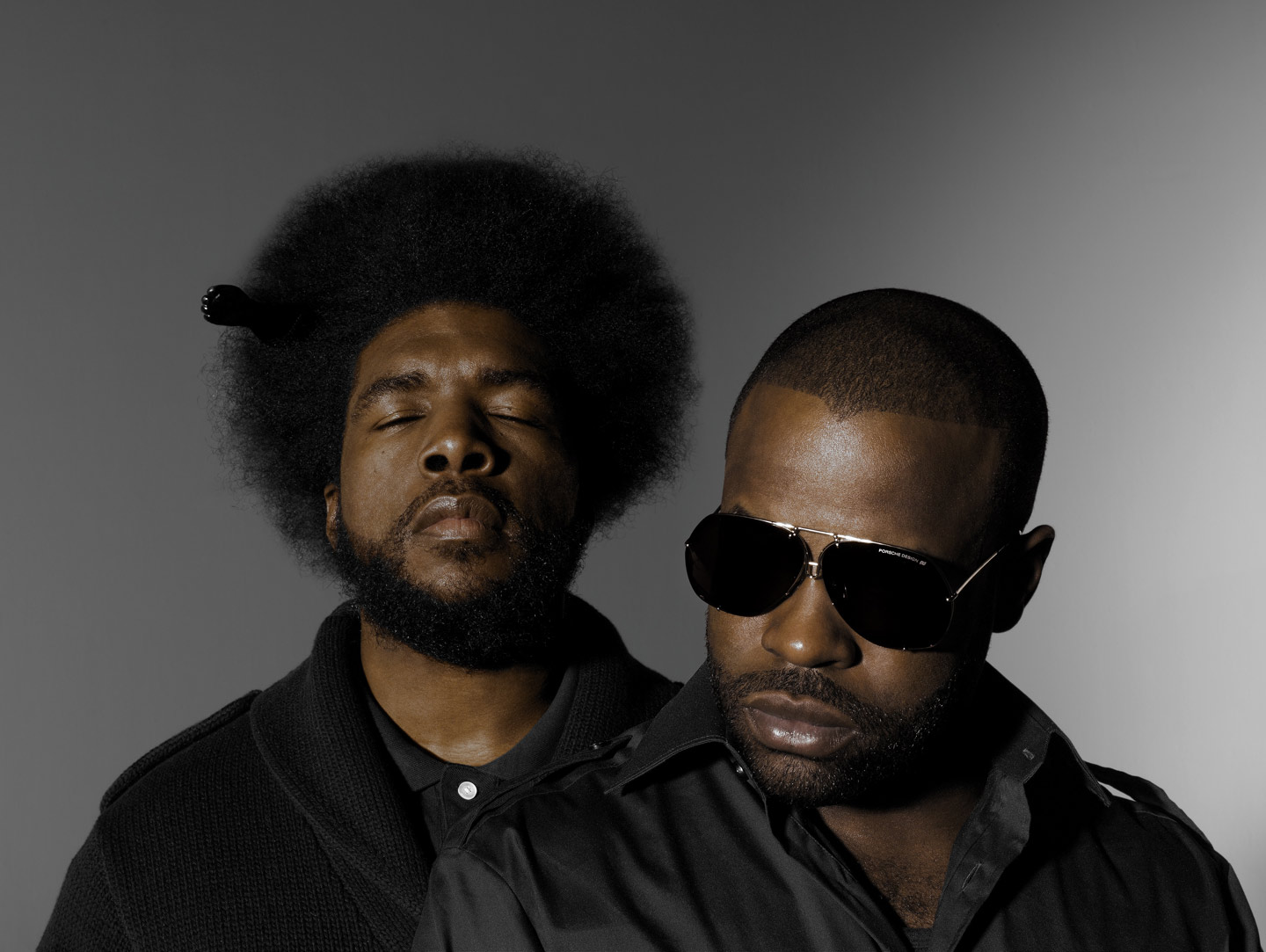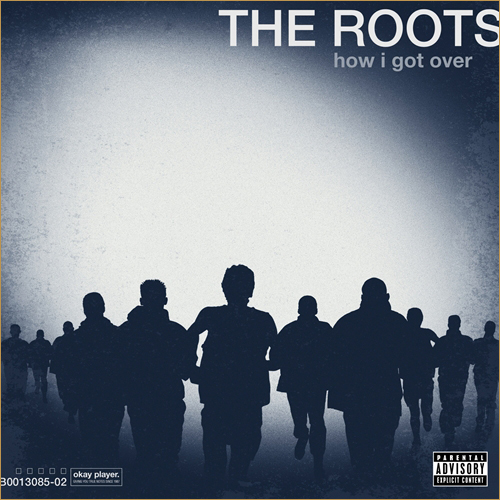
WALL STREET JOURNAL: Hip-hop group the Roots hails from Philadelphia, but since becoming the house band on “Late Night with Jimmy Fallon” last year, its members have increasingly embraced New York. The Roots’ new album, “How I Got Over,” was recorded in Philadelphia and New York, and is the group’s first release since taking on the late-night TV gig. Members of the Roots are also working on a number of forthcoming projects, including collaborative albums by soul British soul siren Duffy and American singer John Legend. “Between all those records I’ve been living out of a hotel, like the lone black member of the cast of ‘Dynasty,'” Mr. Thompson said. The drummer spoke with the Journal about the Roots’ new album, reaching middle age, and working in New York City. MORE
WASHINGTON POST: As deans of the college touring circuit and the house band for Jimmy Fallon, the Roots probably spend more time around  indie rockers than rappers these days. It shows on “How I Got Over,” the artiest in a string of moody, noncommercial albums that the Philadelphia hip-hop institution has squeezed out through the otherwise conservative Def Jam Recordings in recent years. […] Not that “How I Got Over,” ostensibly a meditation on the “post-hope zeitgeist” (the band’s words, not ours), places any less emphasis on rapping than a typical Roots album. Black Thought’s always stellar, if stiff, rhymes are augmented with sharp verses from Truck North, Little Brother’s Phonte Coleman and STS, a little-known Philly lyricist whose plucky cameos on “Right On” and “Hustla” should bring him some greater notice. MORE
indie rockers than rappers these days. It shows on “How I Got Over,” the artiest in a string of moody, noncommercial albums that the Philadelphia hip-hop institution has squeezed out through the otherwise conservative Def Jam Recordings in recent years. […] Not that “How I Got Over,” ostensibly a meditation on the “post-hope zeitgeist” (the band’s words, not ours), places any less emphasis on rapping than a typical Roots album. Black Thought’s always stellar, if stiff, rhymes are augmented with sharp verses from Truck North, Little Brother’s Phonte Coleman and STS, a little-known Philly lyricist whose plucky cameos on “Right On” and “Hustla” should bring him some greater notice. MORE
NEWSWEEK: On June 2, 20-year-old Sabina Rose O’Donnell was sexually assaulted and strangled to death behind her apartment building in Philadelphia. As the police investigated, and as the local press digested the story, one of the city’s most recognizable figures—someone who just so happens to be on network TV every night of the working week—counted himself among those captivated (and depressed) by the story of her murder. Ahmir “?uestlove” Thompson is, today, many things. He is a familiar and much-watched presence on the Internet (with 1.3 million followers on Twitter), as well as a focal point of stylebook disputes between music journalists and their copy desks (his nom de plume is pronounced “Questlove,” though he spells it with a “?”). Most importantly, he is the drummer for the long-running band the Roots, who, after 15 years of making politically engaged hip-hop with (mostly) live instruments, took the unlikely but brilliant gig in 2009 as the house band for Late Night With Jimmy Fallon on NBC. And yes, it turns out that ?uestlove was also an acquaintance of O’Donnell’s.
“Two weeks went by, and it was easy to get caught up in,” he says one afternoon while en route to the 30 Rock building in midtown Manhattan, where Late Night is taped. “Everyone’s talking about the monster who did this, you know? You have those ‘check that motherf–ker’ lynch-mob scenarios in your head. Then they caught the guy yesterday, and I almost wanted to break down and cry—literally, like a baby. Because he [the suspect] just turned  18 years old, and there was something in his eyes. It was like: ‘Yo, I was not expecting this to be the animal.’ So I kinda went long on Twitter yesterday about how I think that, more important than getting justice for our friend’s murder, we actually sort of need to investigate what would make someone 18 turn this nihilistic.” Not everyone was happy to hear it. “That empathetic view of it didn’t go down too well with the city of Philly,” he says—not with the reflexive contrarian’s enthusiasm, but instead a sincere sadness. MORE
18 years old, and there was something in his eyes. It was like: ‘Yo, I was not expecting this to be the animal.’ So I kinda went long on Twitter yesterday about how I think that, more important than getting justice for our friend’s murder, we actually sort of need to investigate what would make someone 18 turn this nihilistic.” Not everyone was happy to hear it. “That empathetic view of it didn’t go down too well with the city of Philly,” he says—not with the reflexive contrarian’s enthusiasm, but instead a sincere sadness. MORE
PREVIOUSLY: ?uestlove Vs. City Paper Readers
MTV: “The whole premise of How I Got Over is basically … a coming-of-age record,” ?uestlove told MTV News last week of their latest effort, which came out Tuesday (June 22). The Roots drummer added that the band wanted to switch things up and touch on some thought-provoking themes, a practice he said is more typical of rock than hip-hop. “There hasn’t been a real precedent of anyone being at the crossroads [in hip-hop]. I hear [it] a lot in rock records … where it’s sort of like, ‘I’m at a point in my life where I don’t know what to do and things are happening around me.’ ” MORE
RELATED: How I Got Over Sampler
ROLLING STONE: Roots Picnic Review
